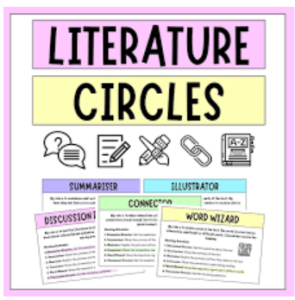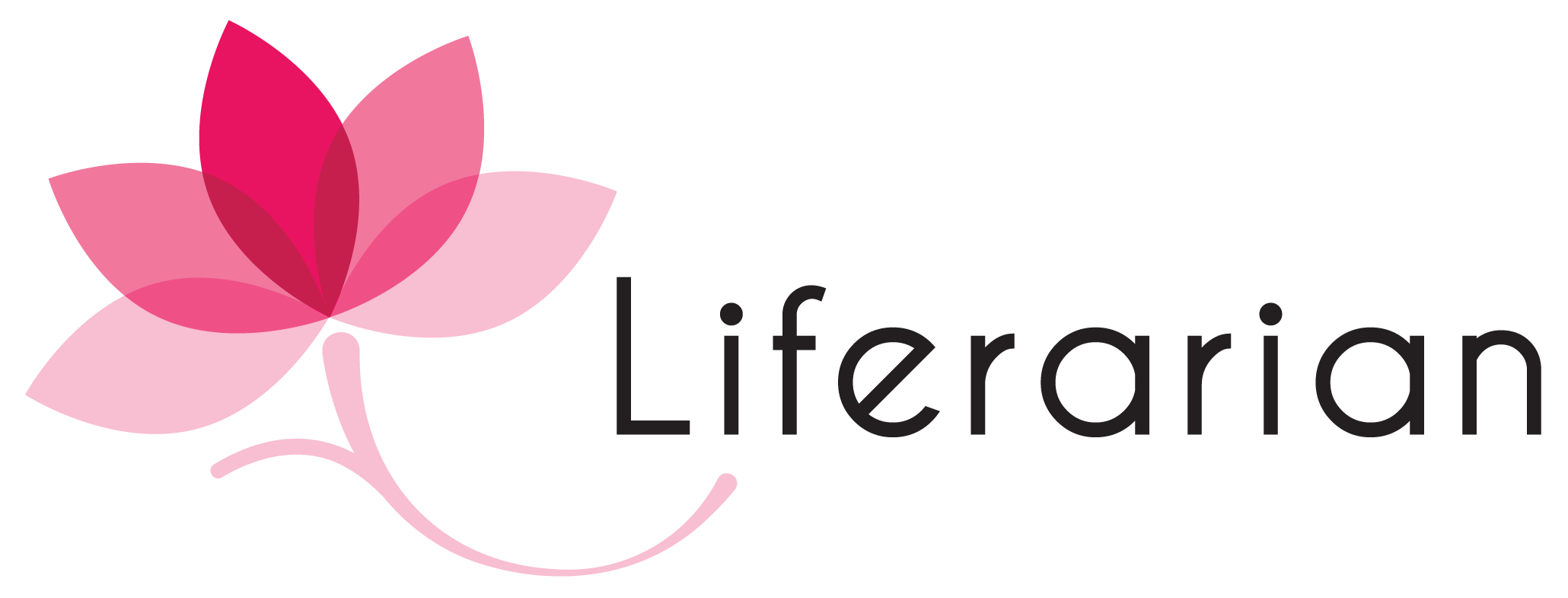Putting the “Oomph” back into reading
 A literature circle is a small-group learning experience that gets students to think critically about a text while they explore teamwork and communication skills. The students gather together to discuss a piece of literature in depth, which is guided by students’ responses to what they have read.
A literature circle is a small-group learning experience that gets students to think critically about a text while they explore teamwork and communication skills. The students gather together to discuss a piece of literature in depth, which is guided by students’ responses to what they have read.
What makes literature circles different from a regular text discussion is that the children are given roles that will help facilitate the conversation, giving structure to make the discussions meaningful. It gives students a chance to engage their critical-thinking and reflection skills, develop a collaborative spirit and add to their understanding of the text by rich peer discussions. All of this contributes to building confidence in reading and inspiring them to read more in the future.
Text Selection and its Impact:
Students will engage with the text possibly over several weeks, and in order to promote student agency they should be active participants in the selection process. One way this can be done is by offering them a choice of 4-5 books and allocating a class period to skim through and explore the books. The classroom can be arranged into the number of groups that match the number of books being offered for selection.
If the book/novel selection comes from the teacher, there will be occurrences of students complaining about how they dislike the book, because they were told to read a particular book. However if the selection comes from the students and should they end up not liking the book, they recognize that it was they who chose it, and that they could have put more focus into the selection process.
 Student Agency through Role Choice:
Student Agency through Role Choice:
Allowing students to select their roles empowers them, fostering a sense of ownership and commitment within the literature circle. This approach encourages accountability and cultivates a sense of responsibility as students actively engage with their chosen role.
There are a few roles and responsibilities associated with Literature Circles:
- Discussion Director prepares thought-provoking discussion questions based on the text read. It encourages critical thinking by encouraging high-level “Thick” questions.
- Word Wizard documents unfamiliar vocabulary words and the word choice of the author which may add confusion/clarity to the passage.
- Summariser prepares the summary of the text read and makes notes to share.
- Connector connects the text with experiences of self, another text, media or the world.
- Illustrator creates a visual imaginative representation of the text thereby stimulating thoughtful group discussions.
While roles may seem rigid, they can be a great way to add structure and coax reluctant readers into contributing. Roles can be rotated, after a few weeks, so all learners can gain an experience of contributing in different ways. At a later stage once the discussion starts to flow regularly these roles can be phased out.
Role of the Teacher Librarian / Educator:
- Scaffolding during the discussion – assistance by extending students ideas/thinking
- Coaching before/after discussions – assessing and teaching skills and strategies during opening and debriefing sessions
The teacher may take on varied roles like that of a facilitator, mediator, listener, participant to enhance student learning.
Benefits of Literature Circles:
Literature Circles combine two important ideas: Independent reading and Collaborative discussions. Students develop comprehension skills, essential to text understanding. It provides accountability and peer learning.
Literature circles give students the opportunity to talk about books with their peers, and through these conversations they build community, learn critical speaking and listening behaviours, deepen their understanding of books, and…recognize that reading is fun!
As a student-centered reading activity, literature circles have been proven effective at improving L1 learners’ reading comprehension skills (e. g., Avci et al., 2013; Thomas, 2013). In terms of EFL or ESL learning, the effectiveness of this reading strategy is obvious. In the 19 selected studies focusing on the benefits of literature circles for improving the reading ability of English learners, themes related to reading comprehension were discovered, namely, self-regulation, reading comprehension skills, positive attitude, cultural awareness, critical–thinking skills and reading engagement.1
Round-Table discussion/Socratic Seminar
This can be done at major teaching points or pivotal sections, breaking the monotony of the “literature circle role”. Preceding this, the teacher can let the students know that they will be discussing a specific topic/theme related to the text. The teacher may provide some research links/videos/background knowledge of the topic/theme that will be discussed. Providing sample questions ahead of time, enhances student performance encouraging them to find supporting evidence connected to the text, or alternate sources.
This discussion/seminar is completely “student-driven” prioritising “discussion” over “debate”, fostering an environment where students can exchange ideas/thoughts without confrontation. Through this process they gain insights from varying perspectives, cultivating empathy, critical thinking, and communication skills.
Key guidelines include critiquing ideas rather than individuals, maintaining respect for all speakers, and allowing space for diverse voices to be heard.
To conclude the session, students are encouraged to reflect on at least one aspect they hadn’t previously considered or are now reconsidering based on the discussion.
For example in the book titled Boy Overboard, by Morris Gleitzman, based on one of the main themes of the book involving discrimination of girls’ educational rights (SDG 4 – Ensure inclusive and equitable quality education and promote lifelong learning opportunities for all), the students were given some sample questions to research before the Socratic. Some sample reflective questions included:
- Why is educating girls an issue in the book? Is it still an issue today?
- Why were girls stopped from going to school in Afghanistan?
- Are there any other reasons girls do not go to school?
- Where else in the world are girls not allowed to go to school?
- How are people trying to help girls to go to school?
- Why is it important for girls (around the world) to attend school?
- Reflect on women activists who promote education for girls? (eg: Malala Yousafzai)
CONCLUSION:
Suffice it to say that literature circles are key to helping students appreciate books through peer discussions. These circles hone critical thinking and reflection skills, develop a collaborative learning environment, and ultimately build confidence in reading and writing.
Technology can also be infused into literature circles using tools like Padlet and Google Suite. The key is “choice.”
If you use literature circles in your classroom, I would love to know how it is going and what you find works well to support your students as readers and independent thinkers. Do you use role sheets or infuse technology? What roles have you found most successful? Sharing your experiences and strategies could greatly benefit our collective teaching practices.
In the words of Bertrand Russell, “There are two motives for reading a book: one, that you enjoy it; the other, that you can boast about it.” And what better way is there to boast about a book than to have the strategies learned through literature circles spark a curiosity in the students, with rich take-home discussions and conversations at the dinner table.
Additional Resources:
- http://litcircles.org/
- https://www.readitwriteitlearnit.com/post/2018/12/17/5-tips-for-planning-literature-circles-that-work
by Maruska Desouza
IB Librarian,
Don Bosco International School


Thank you for sharing your best practice and simplifying the process for any/every educator to bring Literature Circles as an extension to student learning and engagement.
Very well worded and put together, Maruska